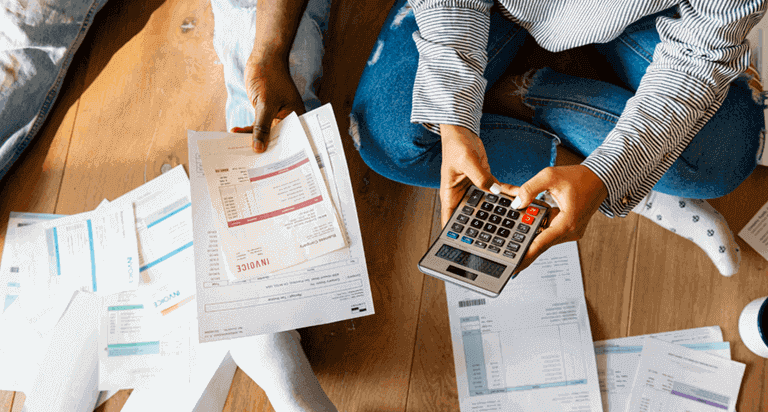
Strategies for Paying Off Debt
There are many different strategies for repaying debts. How can you pick the one that fits your budget?
Debt management is not a one-size-fits-all solution, but rather the choices you can make to best pay off your outstanding debts. What is the best way to manage and pay off debt? The best solution depends on your unique situation, along with the type and amount of debt you owe. Reducing your debt starts with building a strategy that will move you forward.

There are many different strategies for repaying debts. How can you pick the one that fits your budget?

An emergency fund is essential for handling unexpected expenses without debt. Learn how to build one to cover three to six months of expenses, with tips on saving strategies and budgeting for financial security.

If you’ve fallen behind on a debt, your creditor could sell what you owe to a collection agency. Here’s what to know when your debt goes into collections.

If you’re a borrower facing financial difficulties, learn how negotiating with your lender may help you get a better handle on your debt.

If you’re juggling multiple debts, these strategies may help you prioritize your repayment efforts.

If you’ve fallen behind on paying your bills, these six steps can help you get back on track.

Dealing with a debt collector can be intimidating and costly. Here’s when you may be able to bypass debt collectors and work with your original creditor to repay what you owe.


You may think that all debt is the same, but loans and other debts can have different impacts on your credit scores.

Your credit utilization ratio is a factor in calculating your credit scores. Learn more about credit utilization and how it can impact your credit.

A wage garnishment is when money is withheld from an employee’s earnings to pay back debt. Learn about garnished wages and what to do if it happens to you.

When considering debt consolidation, it's good to know how this repayment strategy might impact your credit. At Equifax, we cover why debt consolidation may be a good idea, including the pros and cons.